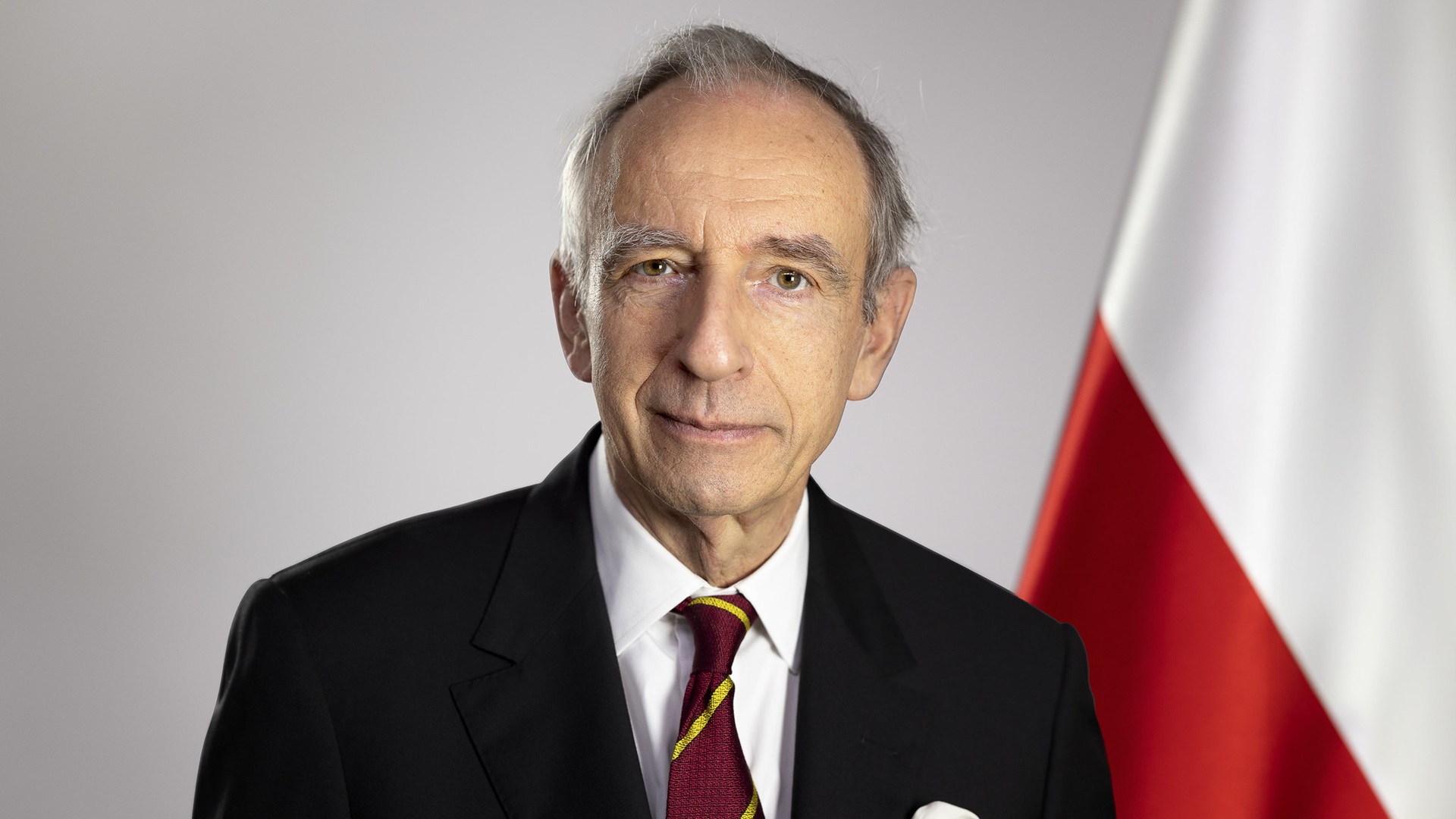
Hungarian Athletes Win 19 Medals, Finish 14th in Medal Table
Hungary was represented by 178 athletes across 20 sports, where they won a total of 19 medals—6 gold, 7 silver, and 6 bronze—securing the 14th position in the medal table. This placed Hungary ahead of larger nations such as Brazil, with a population of 205 million, and Spain, with 48.7 million. Hungary’s dominance in the region was also evident, with the other best-performing nation in East-Central Europe, Romania, finished 23rd.









